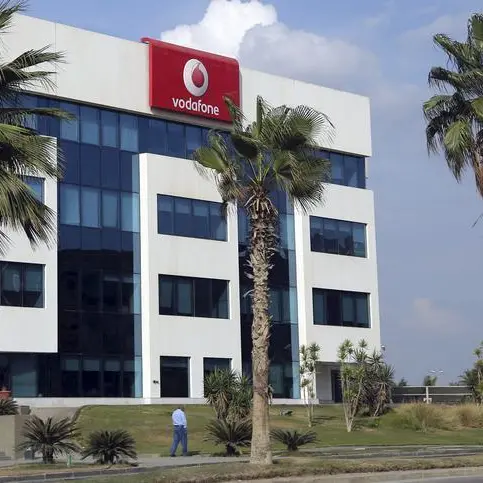PHOTO
Small businesses in Bahrain faced a 348 per cent rise in Internet attacks between January and April 2022 from the same period last year, shows new research from Kaspersky.
This year the popular tools used by cybercriminals were web pages with redirects to exploits, sites containing exploits and other malicious programmes and ‘botnet C&C centres’ found the Russia-based cyber-security firm as it sought to identify which threats pose an increasing danger to entrepreneurs.
In comparison to 10,098 infections in 2021, Kaspersky researchers detected almost 45,252 in the first four months of 2022.
Also notable is that the number of Trojan-PSW (Password Stealing Ware) detections increased by almost a quarter (25pc) compared to the same period in 2021 – 6,531 compared to 5,229.
Trojan-PSW is a malware that steals passwords, along with other account information, which then allows attackers to gain access to the corporate network and steal sensitive information.
With the shift towards remote working, many companies have introduced the Remote Desktop Protocol (RDP), a technology that enables computers on the same corporate network to be linked together and accessed remotely, even when the employees are at home.
The number of attacks on RDP has slightly decreased and this might be the result of companies steadily welcoming employees back to the office.
For example, in the first four months of 2021 there were about 603,500 attacks on small and medium-sized businesses in Bahrain, whereas for the same period in 2022 the number had decreased to 312,000.
Exploited
“When a small business owner is faced with the responsibilities of production economics, financial reports and marketing all at the same time, cybersecurity can often appear complicated and, at times, unnecessary,” commented Denis Parinov, security researcher at Kaspersky.
“However, this disregard for IT security is being exploited by cybercriminals. Even small businesses with limited IT resources still need to protect all their working devices, including computers and mobile phones, from cyberthreats.”
According to Mr Parinov small online-stores and local businesses would be well-advised to keep all of their work devices protected, safely transfer any valuable business-related files and avoid falling victim to ransomware.
Having a special security solution enables attack visualisation and provides IT administrators with a convenient tool for incident analysis.
The faster they can analyse where and how a leak occurred, the better they will be able to solve any negative consequences, the expert added.
“With the shift to remote working and the introduction of numerous advanced technologies in the daily operations of even small companies, security measures need to evolve to support these sophisticated setups. Cybercriminals are already way ahead of the curve, so much so that virtually every organisation will experience a breach attempt at some point,” explained Mr Parinov.
“For small companies today, it’s not a matter of whether a cybersecurity incident will happen but when. Having trained staff and an educated IT-specialist is no longer a luxury but a must-have part of your business development.”
© Copyright 2020 www.gdnonline.com
Copyright 2022 Al Hilal Publishing and Marketing Group Provided by SyndiGate Media Inc. (Syndigate.info).





















